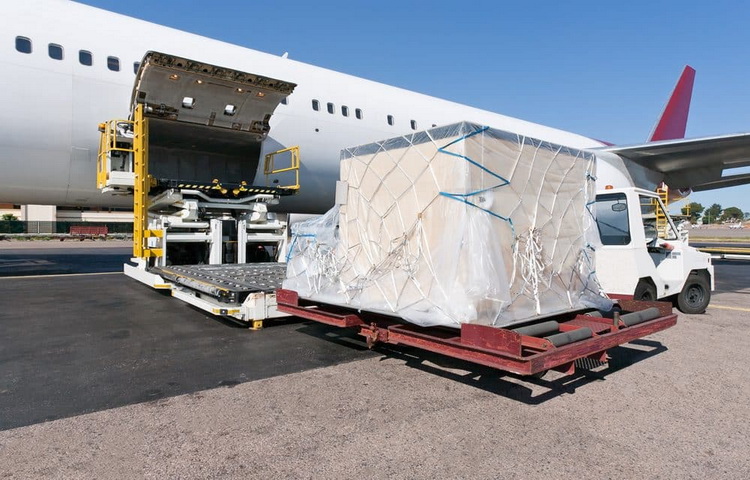Like in any other field, the sphere of international cargo transportation has its terminology. It is used in business conversations, in contracts, during the determination of supply conditions, and other important processes.
Each participant in the logistics process has to understand what this or that term means. Of course, it’s difficult to remember all the abbreviations, that is why we present you the list of the most important terms that concern ltl freight.
- Incoterms – international commercial rules
When the contract is being signed, both sides determine the conditions of the supplies. It’s important to understand each other to avoid misunderstandings. Specialists developed the special term for this aim. The term ‘Incoterms’ is a short variant for ‘International Commercial Terms’. The rules contain the rules of the International Chamber of Commerce.
- COD – change of destination point
Just imagine, that your goods were loaded into the container and are going to the destination point. Suddenly, the situation is changing and you need to change the destination point. Don’t be nervous. You must remember that you can ask for COD.
- CYCY – container yard to container yard
This abbreviation means a port construction where the containers are stored before their loading and after unloading from the ship. The term ‘CYCY’ means that the transportation company becomes responsible for the cargo until it is delivered and unloaded in the port.
- DM – demurrage
This term means the payment which you must pay to the container lines if your containers are not taken from the port. After the containers are unloaded from the ship, you have some time to store them in port for free. In other cases, you must pay for their storage.
- Rollover – the container wasn’t loaded on the ship
Such a situation can happen at the customs, or because of the absence of the ship. The representative from the transportation company usually places a container on the next ship.
- DT – detention
Detention is a payment for extra usage of the marine container after taking it away from the port. The sum will increase until you return the empty container to the port.
- Port storage
When your containers are unloaded from the ship, they are placed in the container yard. The port provides you with a free storage period. During this period, you can go through the customs and replace your goods in the other warehouse or deliver them to the other destination point.
- FCL and LCL
These terms mean, respectively, full container load and less than container load. The first option is not appropriate for small parties, and the second one combines small parties of different senders in one container.
- Bill of lading
This is a legal document that allows transportation. It contains information about goods, starting and destination points, and both sender and recipient.
- Stuffing and stripping
The first term means a process of loading, and the second one means the process of unloading goods in the port.

